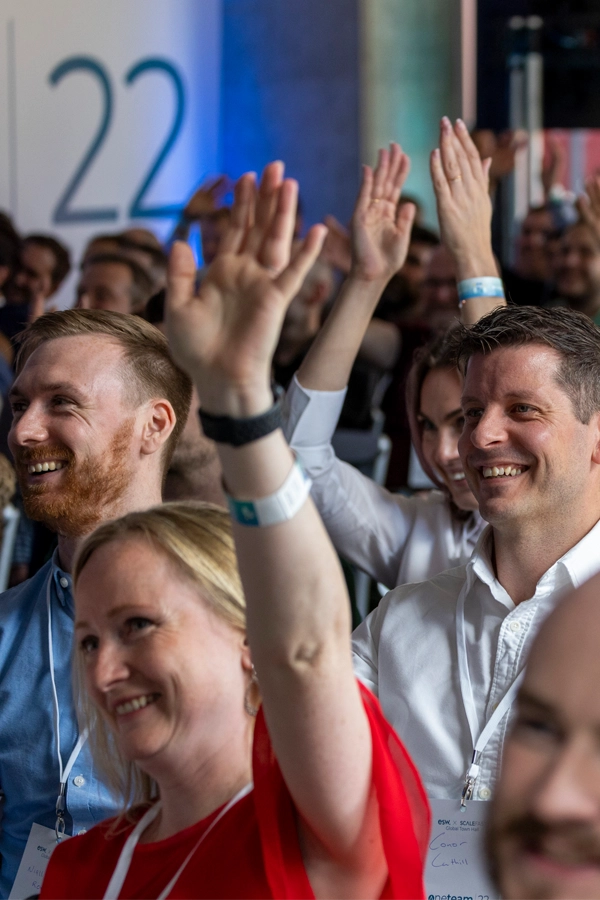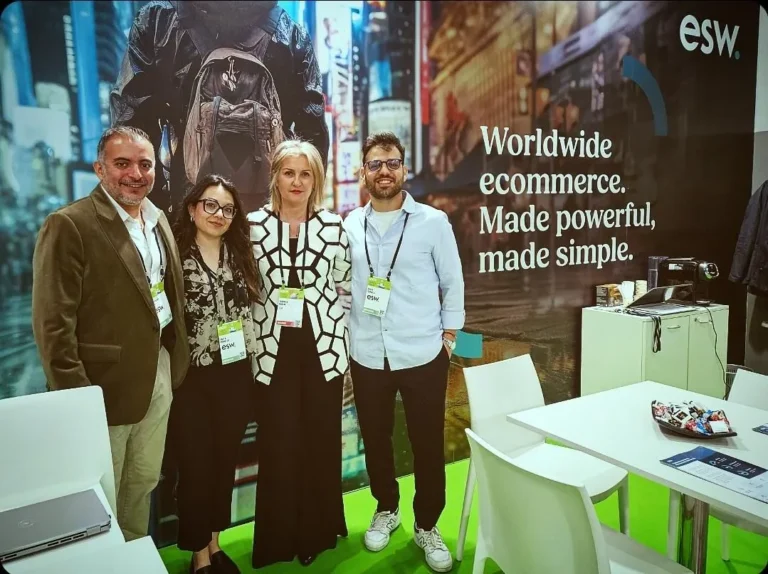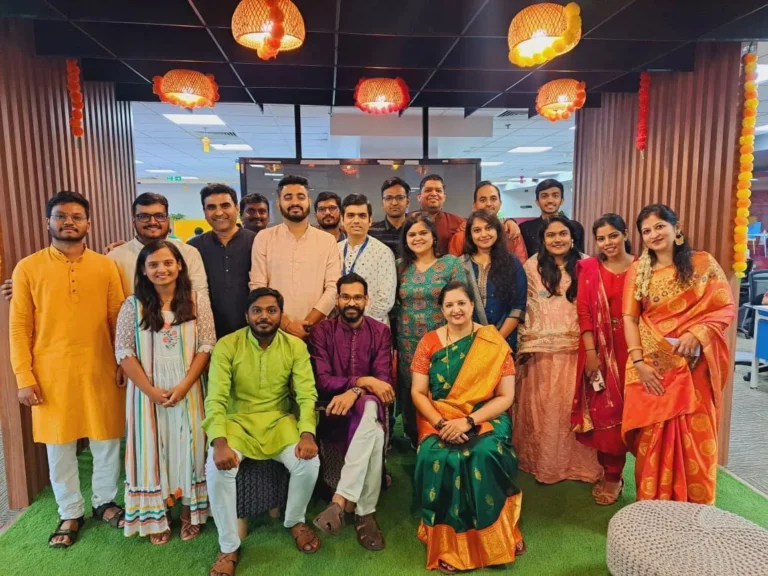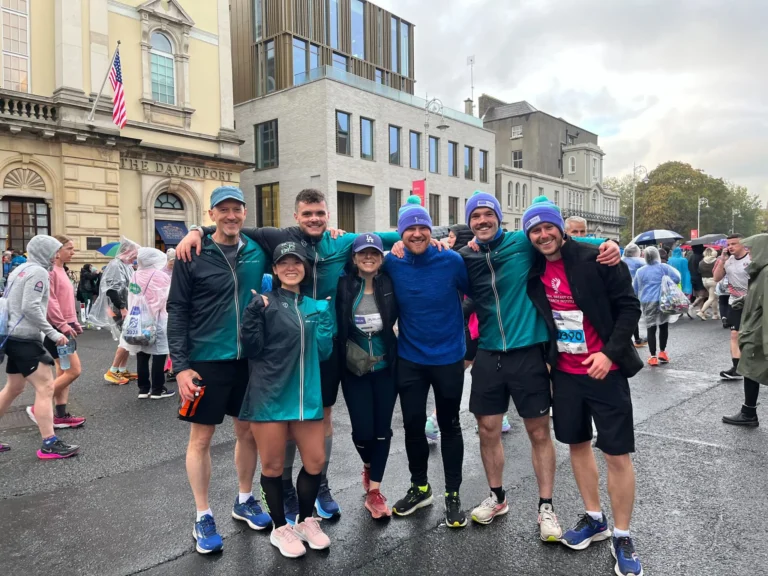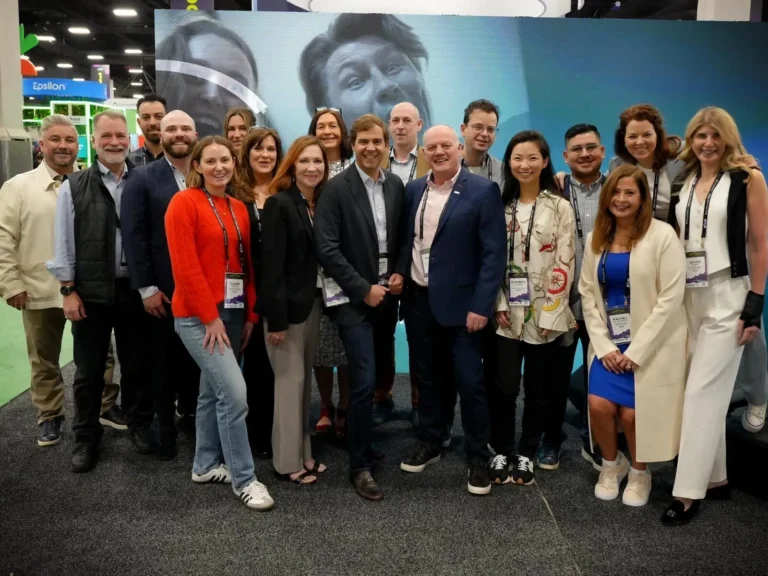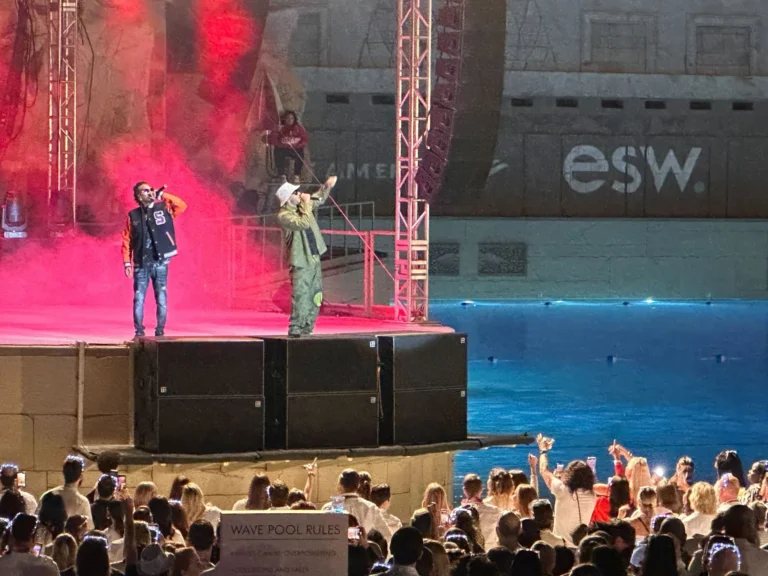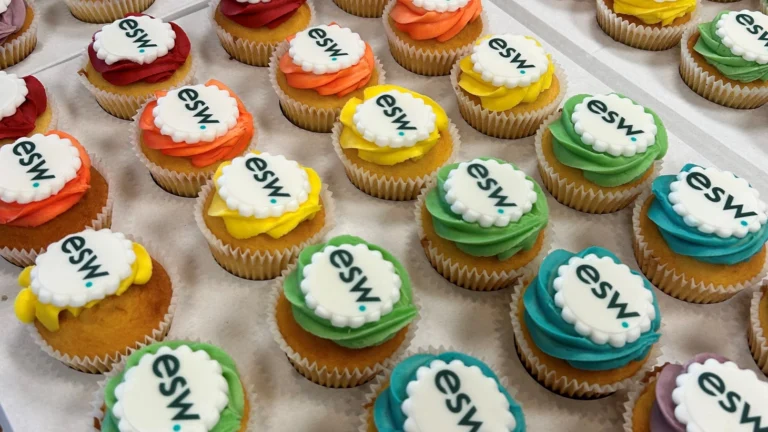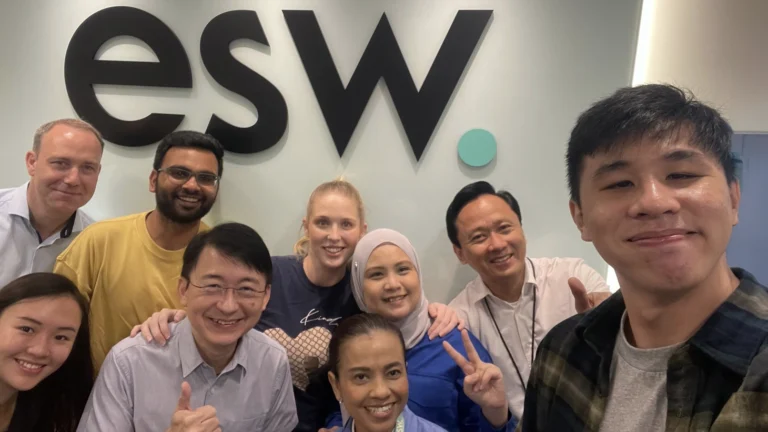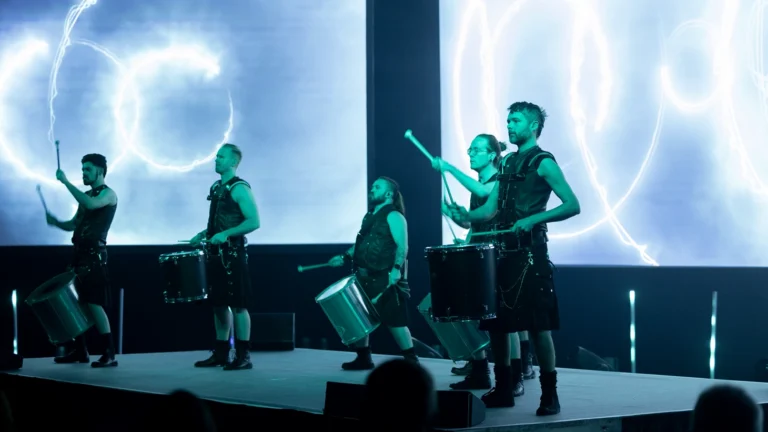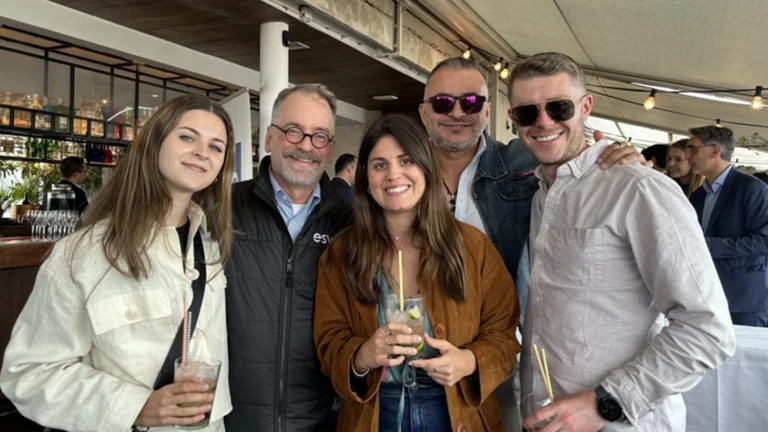Our culture
At ESW, our shared passion and team collaboration builds a dynamic culture that embraces innovation to revolutionise the world of ecommerce. With our clients at the heart of everything we do and our people at the core of our success, we do meaningful work that makes a difference. Join us and become part of a high-performing team where you can grow, develop and create a lasting impact!
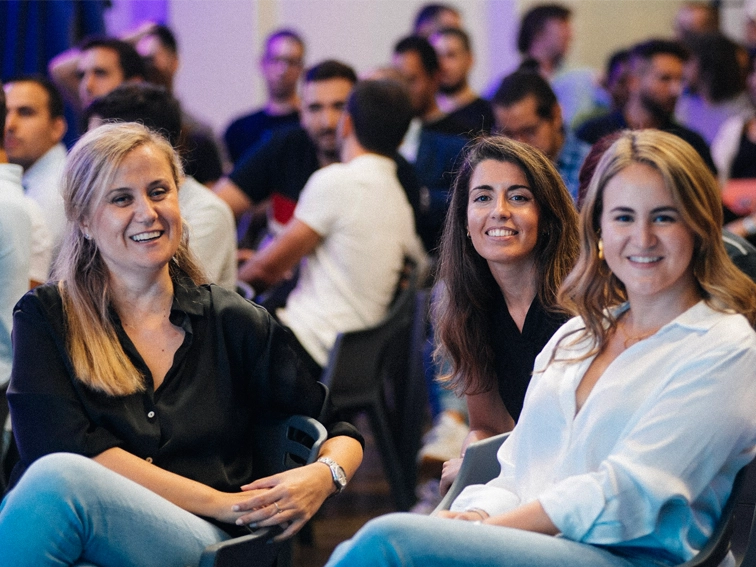
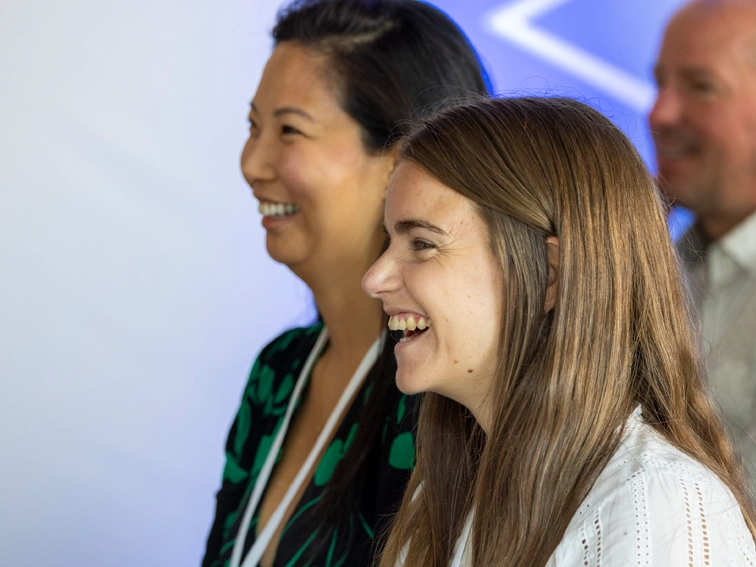
Our people
Our team is a vibrant blend of individuals from diverse cultures and professional backgrounds. We bring our creativity, expertise and ambition to the table every day. We are driven by our purpose to create moments that matter between people and the brands they cherish so we work with passion and dedication. We support each other unconditionally, ask for help when needed and are unafraid to challenge assumptions.
We invest in you
We make sure you have opportunities to learn and grow throughout your career.
We support your wellbeing
We invest in your physical, mental and financial health.
We give back
We'll give you opportunities to give back in meaningful ways to our communities.
We lead with inclusion
We champion diverse experiences, perspectives and ideas. And we cultivate a culture where all of our employees feel a sense of belonging.
